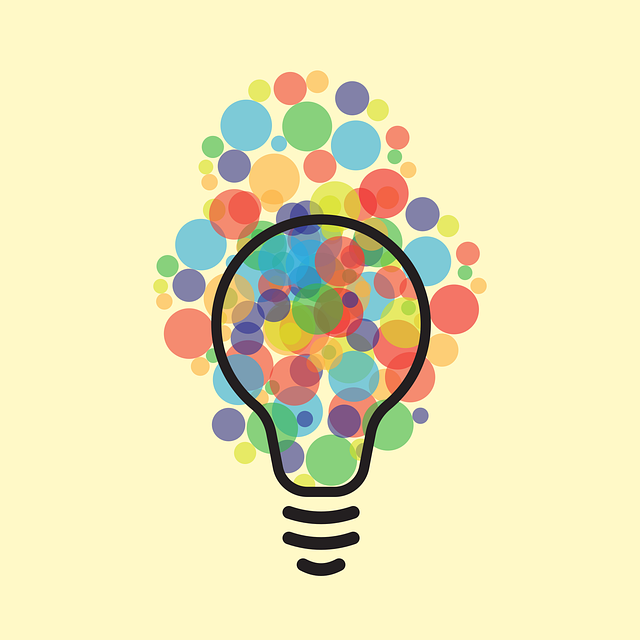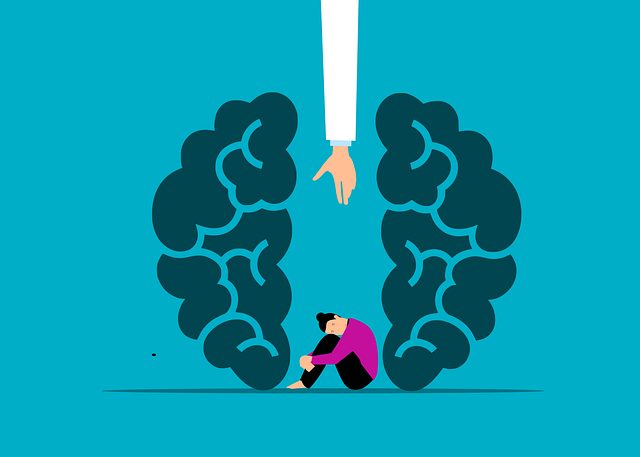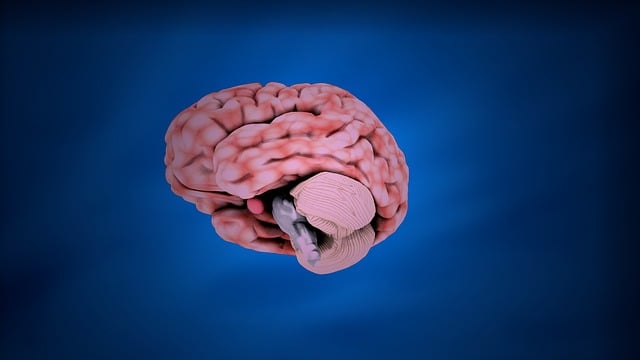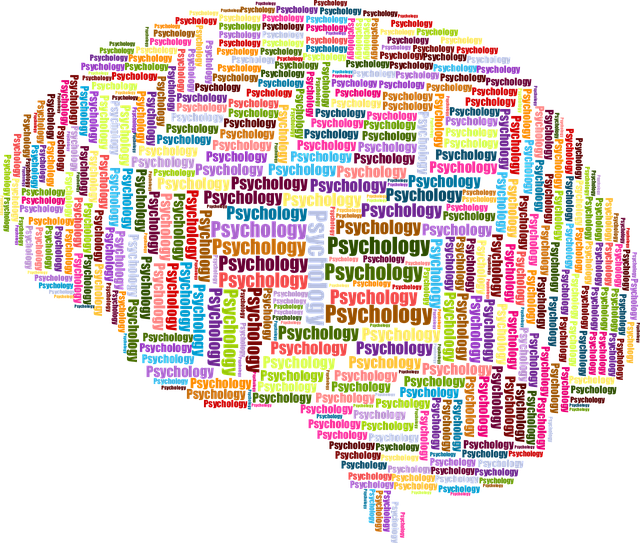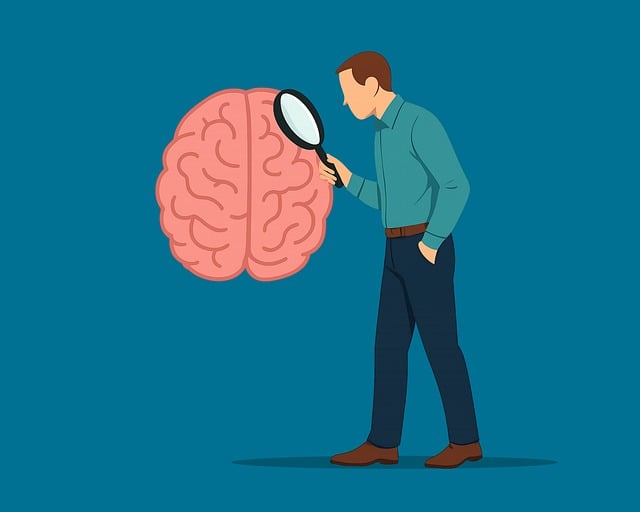Emotional intelligence (EQ) is enhanced through self-awareness, a process akin to gazing at an Aurora, involving introspection and recognition of emotions. Aurora Spiritual-Religious Issues Therapy leverages spiritual traditions and evidence-based techniques like CBT, mindfulness, and trauma support for EQ development. By fostering empathy, coaching programs equip individuals with skills to navigate relationships, resolve conflicts, and promote overall mental wellness. Mindfulness meditation, integrated into daily life, enhances emotional awareness, while merging faith and emotional exploration offers profound personal growth and resilience through Aurora Spiritual-Religious Issues Therapy.
Emotional intelligence (EI) is a powerful tool for navigating life’s complexities, fostering meaningful connections, and achieving personal growth. This article explores various dimensions of EI development, from the foundational concept of self-awareness, illuminated as an aurora of understanding, to its spiritual and religious underpinnings. We delve into therapeutic techniques that unlock EI potential and emphasize empathy as a cornerstone. Additionally, practical strategies are presented for enhancing emotional intelligence in everyday life, addressing spiritual-religious issues and therapy with a holistic approach.
- Understanding Emotional Intelligence: The Aurora of Self-Awareness
- Spiritual and Religious Perspectives on Emotional Well-being
- Unlocking Emotional Intelligence through Therapy Techniques
- Nurturing Empathy: A Cornerstone of Emotional Intelligence
- Practical Strategies for Enhancing Emotional Intelligence in Daily Life
Understanding Emotional Intelligence: The Aurora of Self-Awareness

Emotional intelligence, often referred to as EQ, is a profound concept that involves understanding and managing one’s own emotions while recognizing, empathizing, and influencing the emotions of others. At its core, emotional intelligence begins with self-awareness—an illuminating aurora of introspective exploration. This initial step in the journey towards EQ is akin to peering into a mirror, where one contemplates their inner world, emotions, strengths, weaknesses, and motivations. It’s through this process that individuals gain valuable insights into their unique emotional makeup, fostering a deeper connection with themselves.
In the realm of aurora spiritual-religious issues, therapy plays a pivotal role in cultivating self-awareness. Therapeutic practices offer safe spaces for exploration, encouraging individuals to confront and understand their emotions, thus nurturing inner strength development. This journey is not merely an intellectual pursuit but involves embracing the complexity of human experiences, which, in turn, enhances one’s ability to navigate relationships and social interactions more effectively through improved social skills training and emotional healing processes.
Spiritual and Religious Perspectives on Emotional Well-being

Many spiritual and religious traditions offer insights into cultivating emotional well-being, often emphasizing interconnectedness and self-reflection. These perspectives can provide a unique approach to emotional intelligence (EI) building through practices that foster mental wellness and compassion. In many Eastern philosophies, such as Buddhism, mindfulness is a cornerstone of both spiritual growth and emotional regulation. Techniques like meditation and self-awareness exercises encourage individuals to observe their emotions without judgment, leading to a deeper understanding of themselves and others.
Religious communities worldwide often emphasize the importance of service and compassion cultivation practices. Acts of kindness and empathy are seen as ways to strengthen relationships and promote a sense of belonging, which is essential for emotional resilience. For instance, in Christian traditions, the concept of “loving your neighbor” encourages individuals to cultivate empathy and understanding, fostering a supportive environment that benefits both spiritual and emotional health. These spiritual-religious issues therapy methods can be powerful tools in enhancing EI by encouraging individuals to explore their emotions from a place of faith and connection.
Unlocking Emotional Intelligence through Therapy Techniques

Emotional intelligence is a powerful tool for personal growth and well-being, and Aurora Spiritual-Religious Issues Therapy offers a unique approach to unlocking its potential. Through various therapeutic techniques, individuals can learn to navigate their emotions effectively, fostering both mental and spiritual resilience. One such method is cognitive-behavioral therapy (CBT), which helps clients identify and challenge negative thought patterns associated with their feelings. By understanding the connection between thoughts, emotions, and behaviors, individuals gain valuable insights into their emotional responses.
In addition to CBT, Aurora’s experienced therapists incorporate mindfulness practices and trauma support services tailored to meet individual needs. These techniques enable people to stay grounded in the present moment, increasing their ability to manage intense emotions. Furthermore, the Risk Assessment for Mental Health Professionals is a key component, ensuring that therapeutic interventions are safe and effective. With dedicated Mental Wellness Coaching Programs Development, clients can set personal goals and develop strategies to enhance their emotional intelligence, leading to improved relationships, decision-making, and overall mental wellness.
Nurturing Empathy: A Cornerstone of Emotional Intelligence

Nurturing empathy is a cornerstone of emotional intelligence, enabling individuals to understand and share the feelings of others. This fundamental skill fosters deeper connections and strengthens interpersonal relationships, both personally and professionally. At Aurora Spiritual-Religious Issues Therapy, our mental wellness coaching programs are designed to help individuals develop this crucial aspect of emotional intelligence through practical exercises and reflective practices that promote perspective-taking and compassionate responses.
By integrating empathy into daily interactions, individuals can enhance their ability to navigate complex social dynamics, resolve conflicts, and provide effective support during challenging times. Moreover, the development of empathy is a key component in mental health policy analysis and advocacy, as it promotes understanding and care for those facing various mental health issues. Even when considering risk assessment for mental health professionals, prioritizing empathy ensures that practitioners remain attuned to clients’ emotional needs, fostering safer and more therapeutic environments.
Practical Strategies for Enhancing Emotional Intelligence in Daily Life

Building emotional intelligence is a skill that can be cultivated and enhanced through practical strategies integrated into daily life. One effective approach involves emotional healing processes such as mindfulness meditation, which helps individuals become more aware of their feelings and thoughts without judgment. Practicing mindfulness not only promotes emotional well-being promotion techniques but also enables better emotional regulation by fostering a deeper understanding of one’s internal state.
Additionally, engaging in Aurora spiritual-religious issues therapy can provide valuable insights into managing emotions. This form of therapy encourages individuals to explore their spiritual connections, which can lead to profound personal growth and enhanced emotional resilience. By combining mindfulness practices with spiritual exploration, people can develop a stronger ability to navigate and respond to life’s emotional challenges, ultimately leading to more balanced and fulfilling lives.
Emotional intelligence, a multifaceted concept, emerges as a powerful tool for navigating life’s complexities. By understanding and embracing spiritual-religious issues that underpin emotional well-being, individuals can unlock their full potential through therapy techniques tailored to foster self-awareness and empathy. Incorporating practical strategies into daily routines enhances emotional intelligence, allowing us to connect more deeply with ourselves and others, thereby enriching our personal and professional lives.
